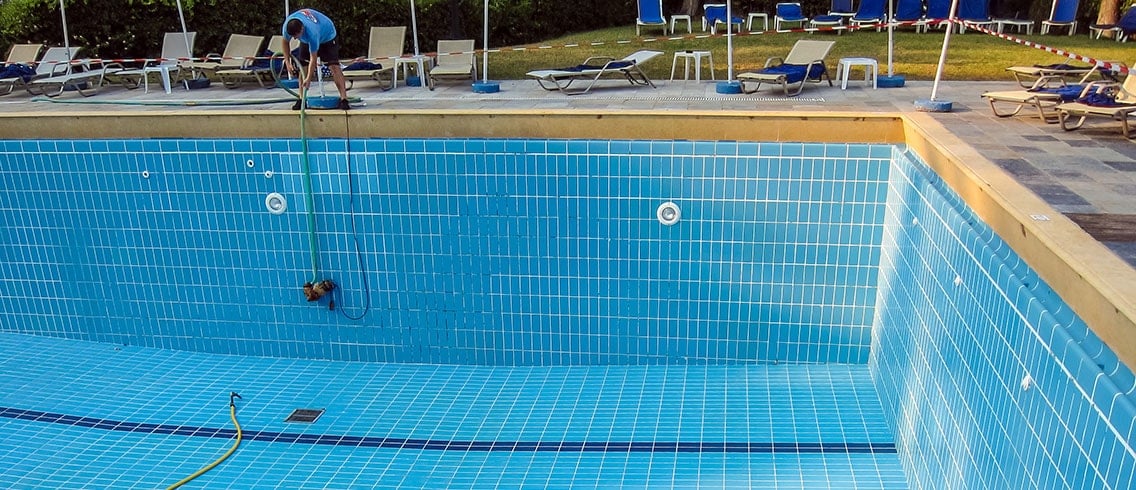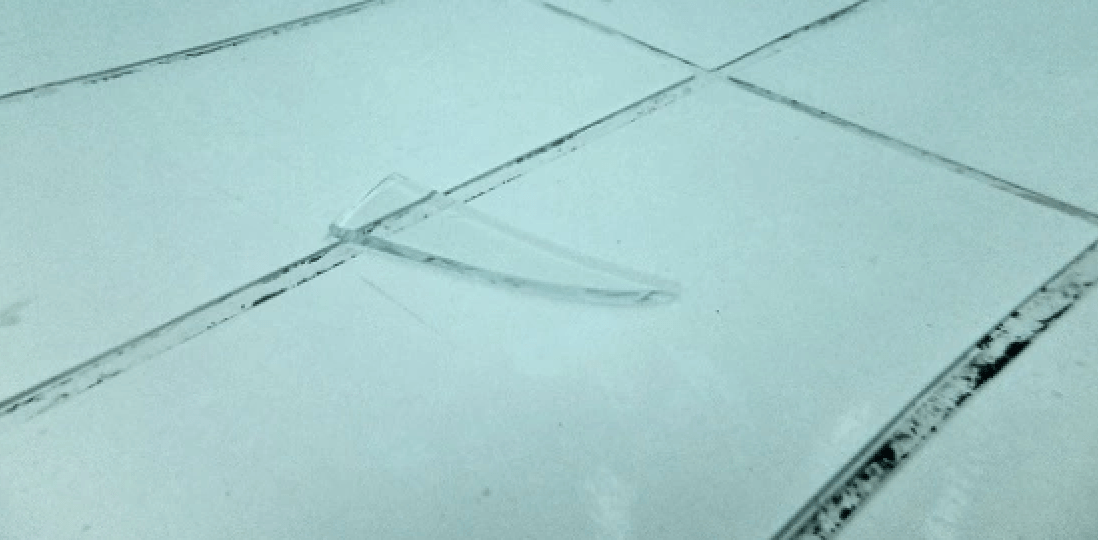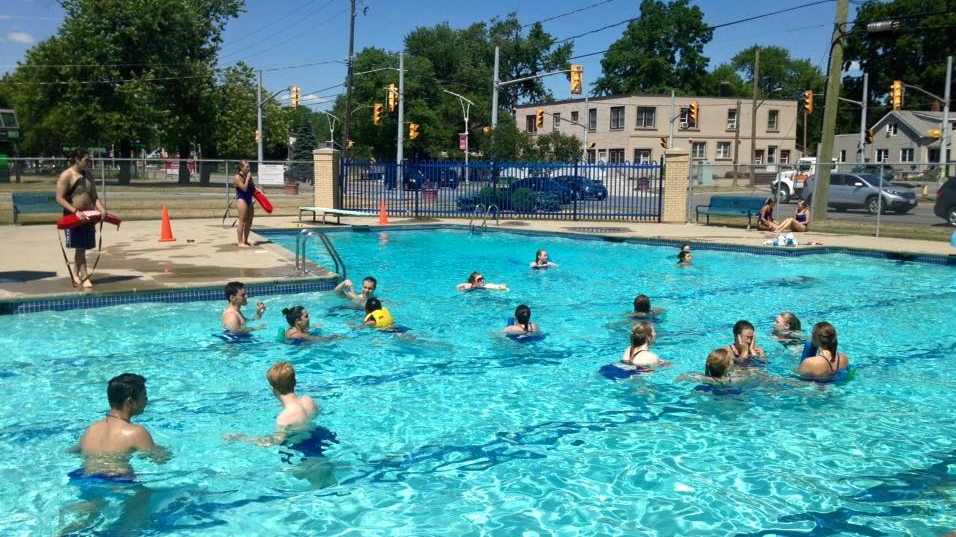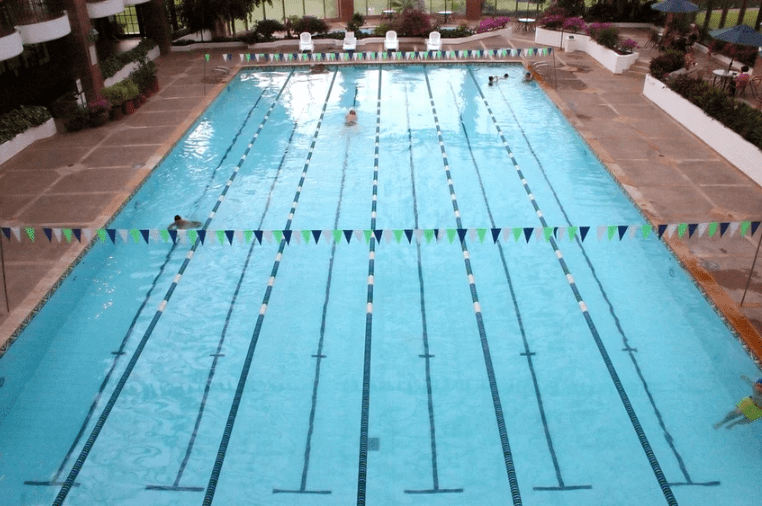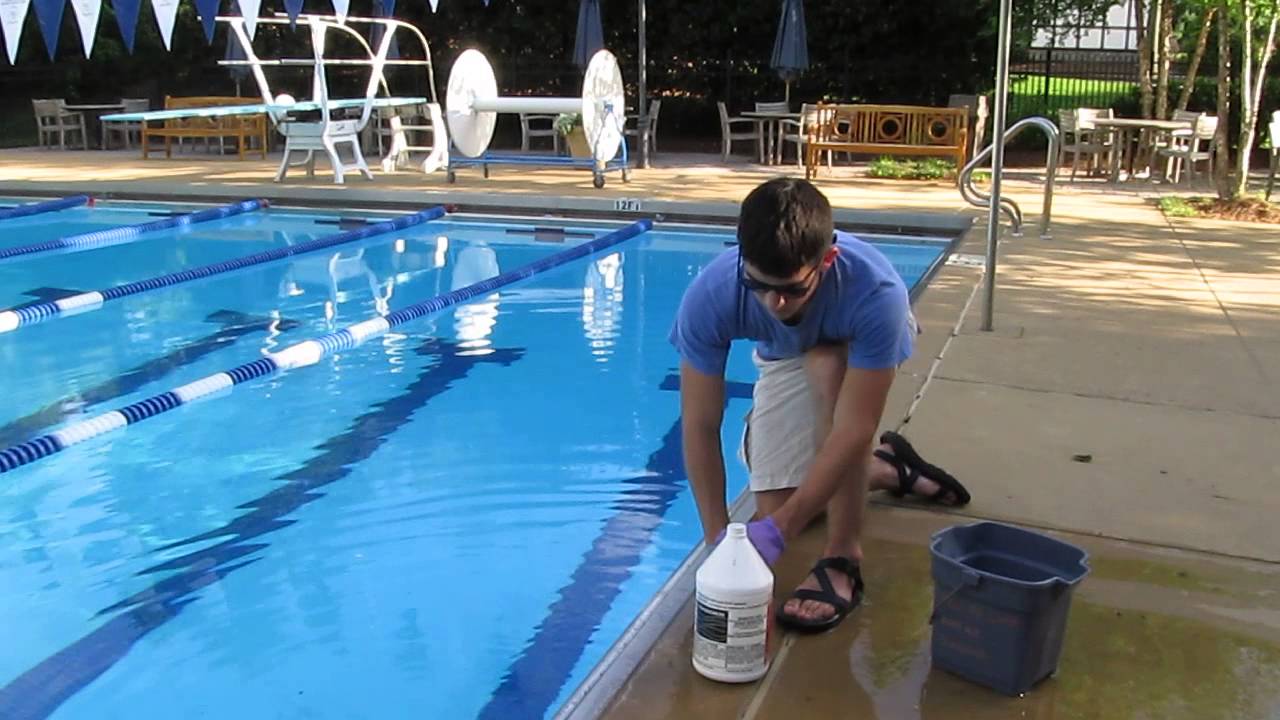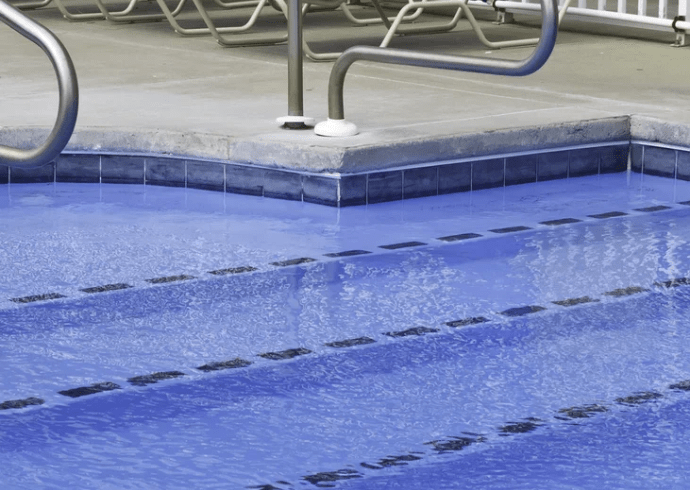We have a lot on our plates if caring for commercial pools and spas are part of our job. We have to maintain the proper signage and safety equipment. We have to ensure handrails and steps are in good repair. We have to make sure all of our equipment is working properly with no leaks, squeaks or creaks. We need to get it repaired or replaced if necessary. What, in my opinion, is the most important...
The Pool Shark H2O Commercial Pool Chemistry Blog
News & Updates

